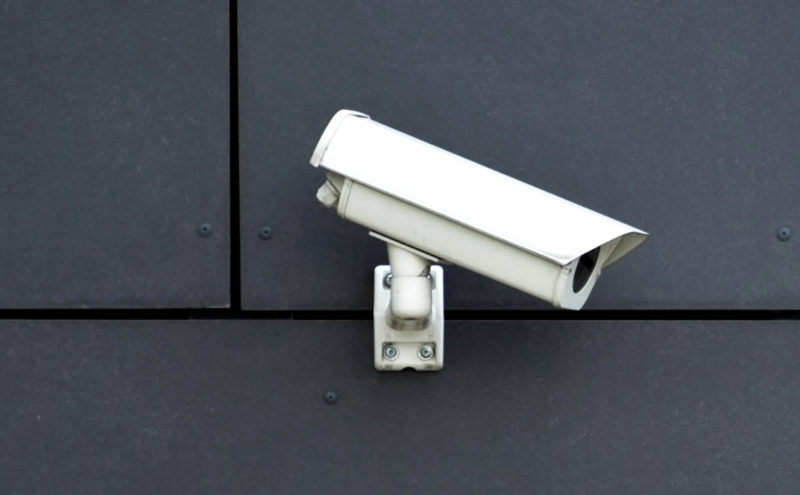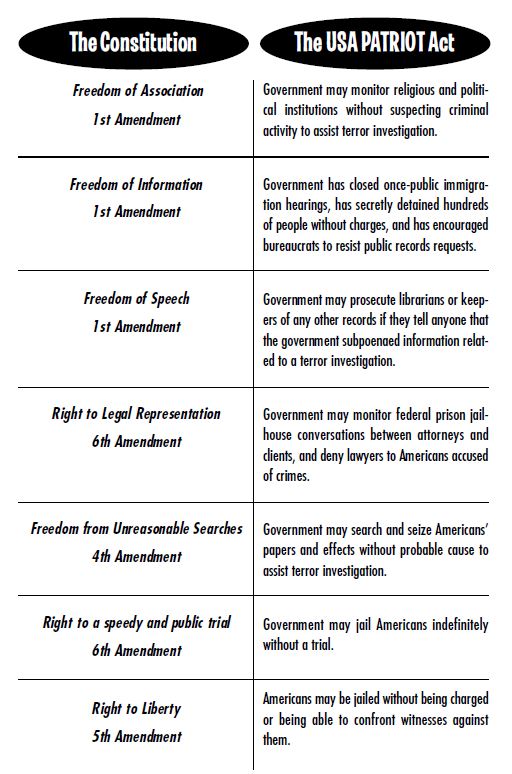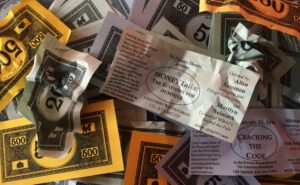
A roundtable discussion designed to critically examine the USA PATRIOT ACT and City Council Resolution 909, which proposed that New York join 155 cities and 3 states in declaring itself a “Patriot Act Free Zone.” This roundtable explored the effects of The Patriot Act on the fabric and evolution of our culture and, of course, their influence on the state of war and diminishing civil liberties.
Featuring
Glenn DevittBill Perkins
Michael Ratner
Saurav Sarkar
Creative Producers:
Melanie Joseph & Todd London/New Dramatists2003 : New Dramatists Inc., NYC
A Brief History of the Patriot Act
“The question always posed is liberty vs. security. But the real question is whose liberty, and whose security?”
– Saurav Sarkar
On October 25th, 2001, the US congress passed HR bill 3162, “Uniting and Strengthening America by Providing Appropriate Tools Required to Intercept and Obstruct Terrorism”- AKA the USA PATRIOT ACT. This new package of legislation expanded the powers and rights of law enforcement in the pursuit of suspected terrorists. The 131-page act was passed, with few amendments, in a mere 20 days, suggesting that perhaps in those furious fearful times, many in congress never actually read the entire document.
Overview of Changes to Legal Rights
Unfortunately, when the smoke clears, the Constitution will emerge as a badly burned document, and the damage to the nation could be irreparable…”
– Audience member
Some of the fundamental changes to Americans’ legal rights by the Bush administration and the USA Patriot Act following the terror attacks:

Patriot Act free zones (as of 9-15-03)

Panelists

Bill Perkins [bio as of 2003] is a graduate of the Collegiate School in Manhattan and Brown University in Providence, Rhode Island and is a dedicated, outspoken and active participant in many community and political organizations including the NAACP New York Branch Executive Board and Democratic State Committee Member. Currently, he is the Deputy Majority Leader for the New York City Council, representing the Ninth District of Central Harlem, East Harlem, Morningside Heights and the Upper West Side in Manhattan, where he served his community as District Leader for over 20 years. He continues to be effective in raising the public consciousness around HIV/AIDS, rodent and pest management, infant mortality and other important human and civil rights issues.

Michael Ratner [bio as of 2003] After a clerkship with Judge Constance Baker Motley, Michael Ratner went to work for the Center for Constitutional Rights, where he has served as Legal Director, Vice-president and currently serves as President. Other work includes: Lecturer at the Yale Law School where he taught international human rights litigation, and at The Columbia Law School where he currently teaches; President of the National Lawyers Guild; Special Counsel to Haitian President Jean-Bertrand Aristide to assist in the prosecution of human rights crimes; Author and co-author of several books and numerous articles. Among his many honors are: Trial Lawyer of the Year from the Trial lawyers for Public Justice, The Columbia Law School Public Interest Law Foundation Award, and the North Star Community Frederick Douglass Award.
Saurav Sarkar [bio as of 2003]has worked as a Community Organizer on post 9-11 immigration issues at Asian American Legal Defense and Education Fund (AALDEF) since May of 2002. His work at AALDEF consists primarily of paralegal support, community outreach, advocacy, communications, and grassroots organizing. He has dealt most closely with Pakistani, Bangladeshi, and Indonesian communities and focused extensively on the issue of Special Registrations in the overall anti-immigrant climate since 1996 and especially 9-11.
Glenn Devitt [bio as of 2003] serves as the volunteer Chair of the New York City Bill of Rights Defense Campaign (NYCBORDC), a nonpartisan grassroots project of the New York Civil Liberties Union working with a broad spectrum of coalition organizations. He co-owns a multimedia production / website design firm in Brooklyn. Glenn is proud to represent the hundreds of active NYCBORDC volunteers. And as a former professional musician and incurable fan of dramatic theater, he is pleased to be participating in this Foundry Theatre roundtable.











